Active
The latest Active breaking news, comment, reviews and features from the experts at T3
Explore Active
-

11 clever hiking upgrades you didn’t know you needed in 2025
From shandals to packable fleeces, here are the most essential hiking and walking upgrades for this year
By Matt Kollat Published
-

Sumo deadlift vs conventional: which is better?
We get into the nitty gritty of each lift to find out which variation you should be doing
By Bryony Firth-Bernard Published
-

This year's London Marathon finishers were way slower than last year – Strava data reveals 6 possible reasons
It’s official: runners at the 2025 London Marathon were slower than last year, and not just by a little
By Matt Kollat Published
-

Merrell's best-selling hiking shoes are less than £100 – grab them while you can!
Merrell’s Moab Speed 2 are supportive, incredibly lightweight and look great too
By Bryony Firth-Bernard Published
-

I hope Garmin's latest surprise feature won’t stay exclusive to just the Instinct 3 Tactical Edition
I’ve been waiting for a rucking mode for ages, but I want it on my Forerunner 965
By Matt Kollat Published
-

This hidden gem Swedish brand's trail running kit blends high-altitude tech with mountain-ready minimalism
With mountaineering DNA and next-gen materials, this kit isn’t messing around
By Matt Kollat Published
-

Including this type of exercise in my workouts dramatically improved my core strength
I could lift more on my deadlifts and front squats too
By Bryony Firth-Bernard Published
-
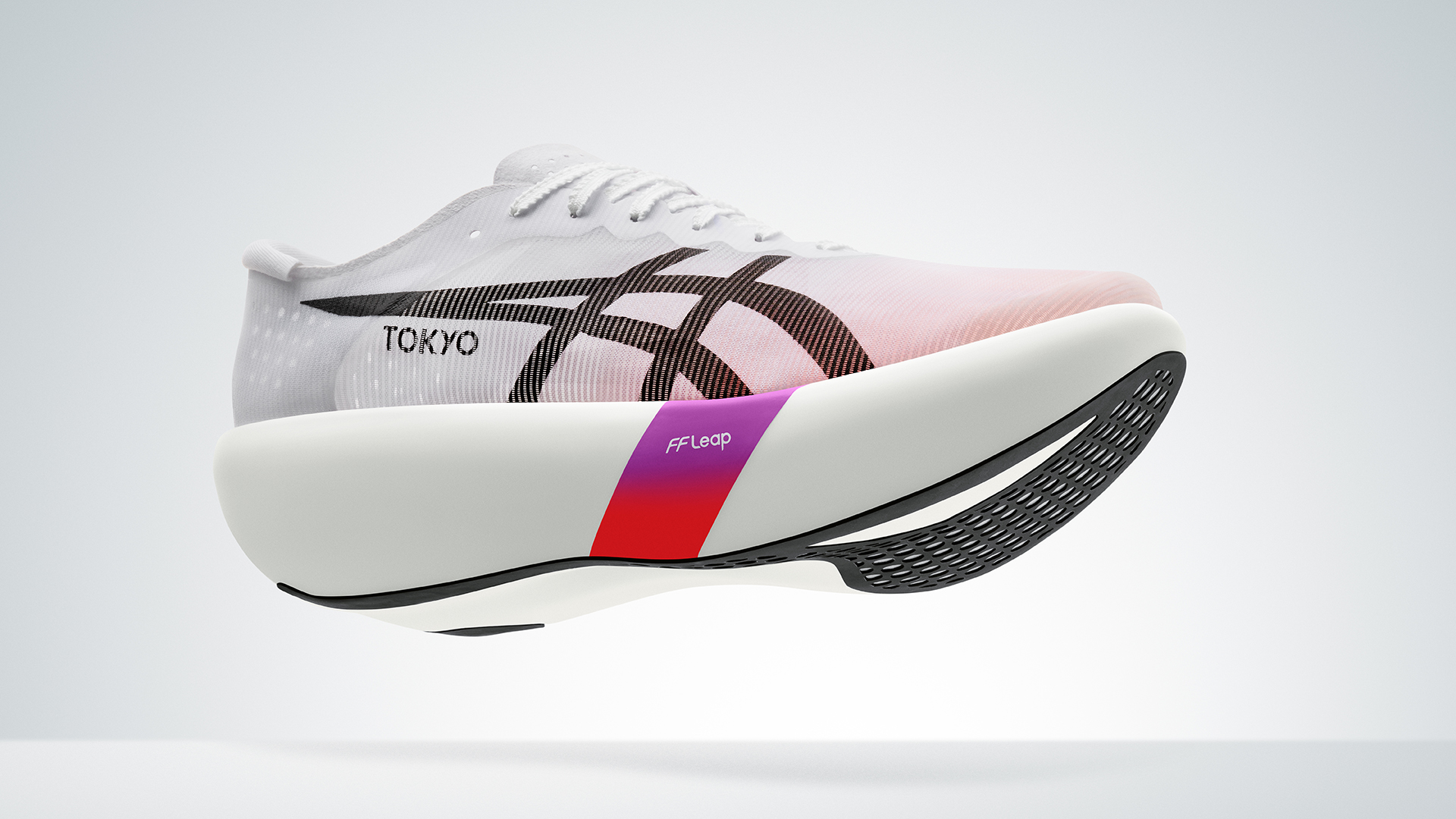
Is ASICS about to dethrone Adidas with its lightest race shoe yet?
The Metaspeed Ray weighs next to nothing, costs far less than the Evo 2, and could be ASICS’ smartest move yet
By Matt Kollat Published
-
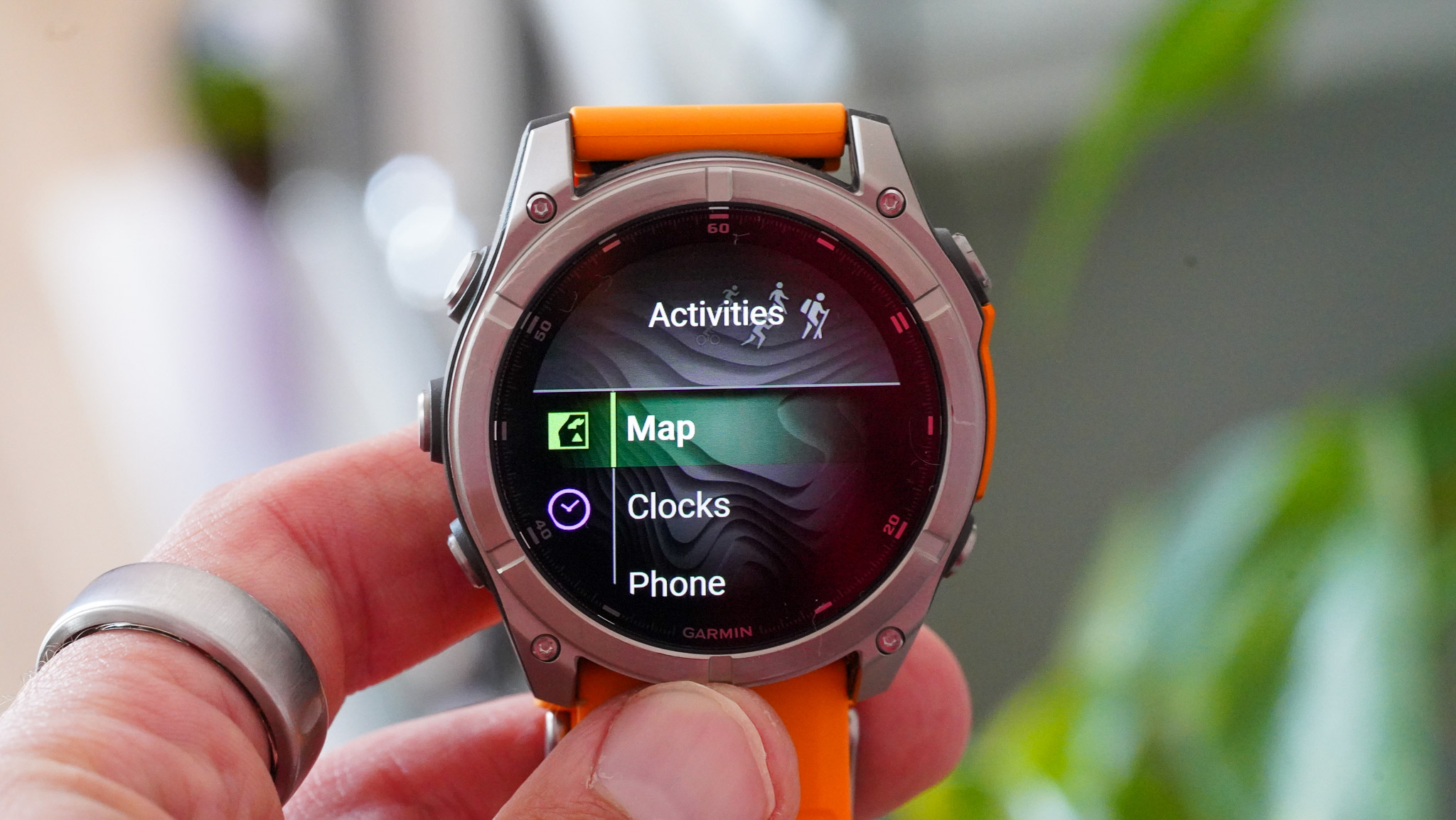
The case against LTE on the Garmin Fenix 8
Cellular freedom? Not quite.
By Matt Kollat Published
-

Helinox Chair One (re) review: A portable throne fit for eco-minded campers
Proof that lightweight and luxury can go hand in hand (or cheek to cheek)
By Matt Kollat Published
-

I competed in Hyrox, and here's one myth that needs to die immediately
Think you need to be super strong to do a Hyrox? Think again.
By Bryony Firth-Bernard Published
-
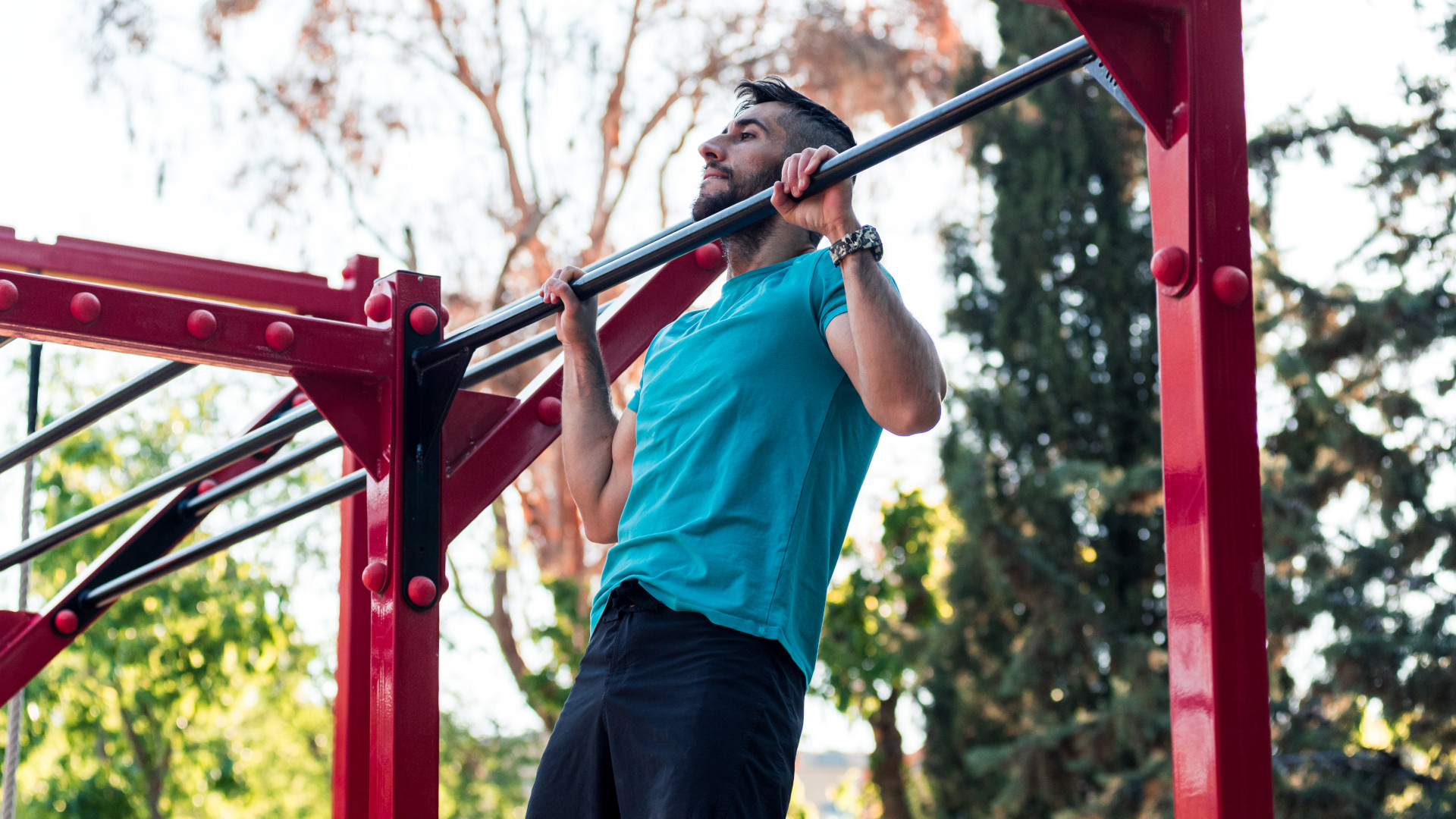
This calisthenics beginner workout builds full-body functional strength
Looking to build strength with minimal to no equipment? This workout has got you covered
By Bryony Firth-Bernard Published
-

YETI’s latest colourway might just be the hottest thing this summer
The new Gold Coast drop is pure sunshine in gear form
By Matt Kollat Published
-

T3 Travel and Outdoor Month 2025: explore more, adventure further
Expert tips and reviews from T3's dedicated team of travellers and outdoor enthusiasts
By Matt Kollat Published
-
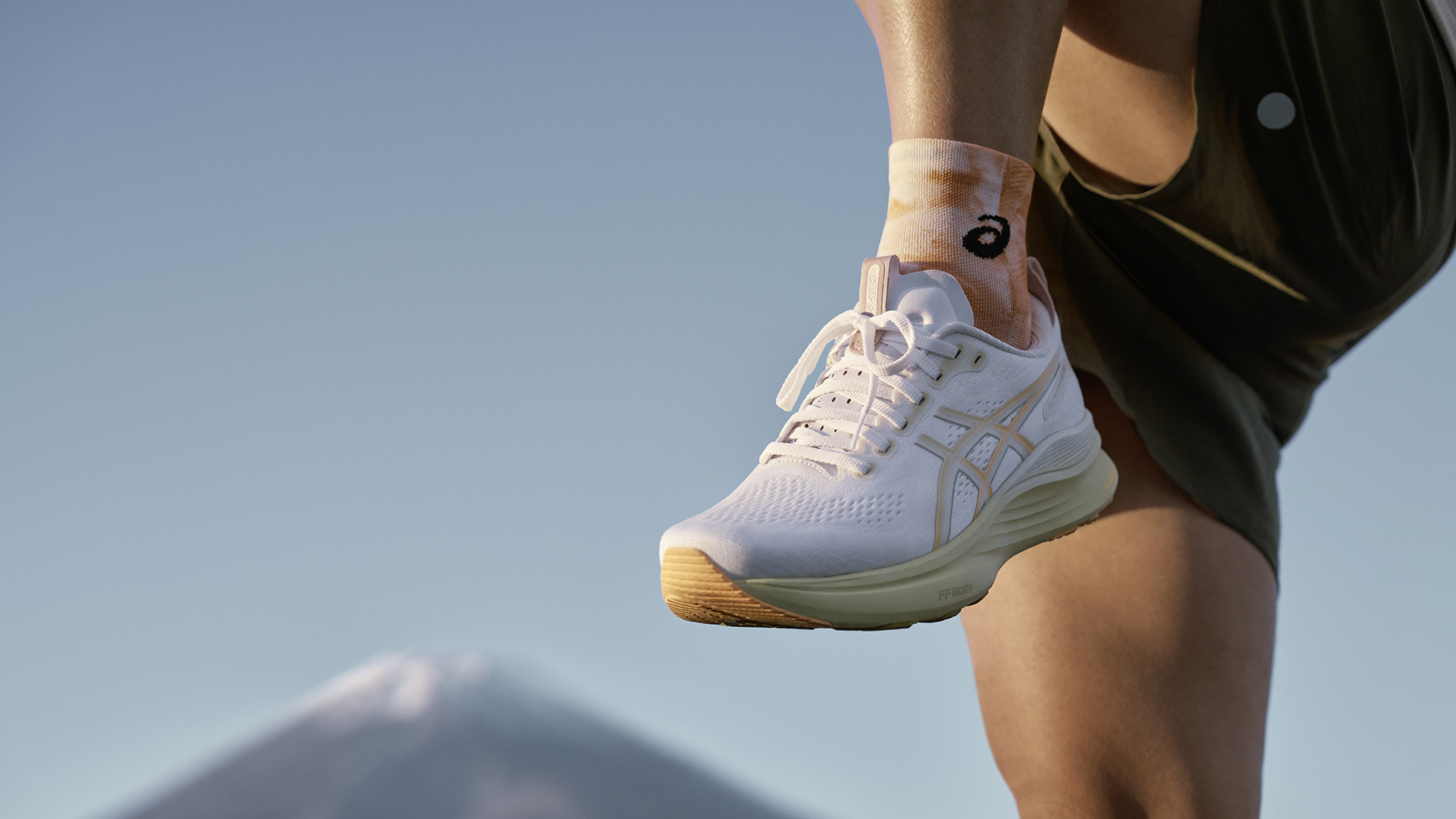
Asics goes all-in on comfort with the redesigned Gel-Kayano 32
The stability shoes take Asics’ softest gel and add more foam for a smoother run
By Matt Kollat Published
-
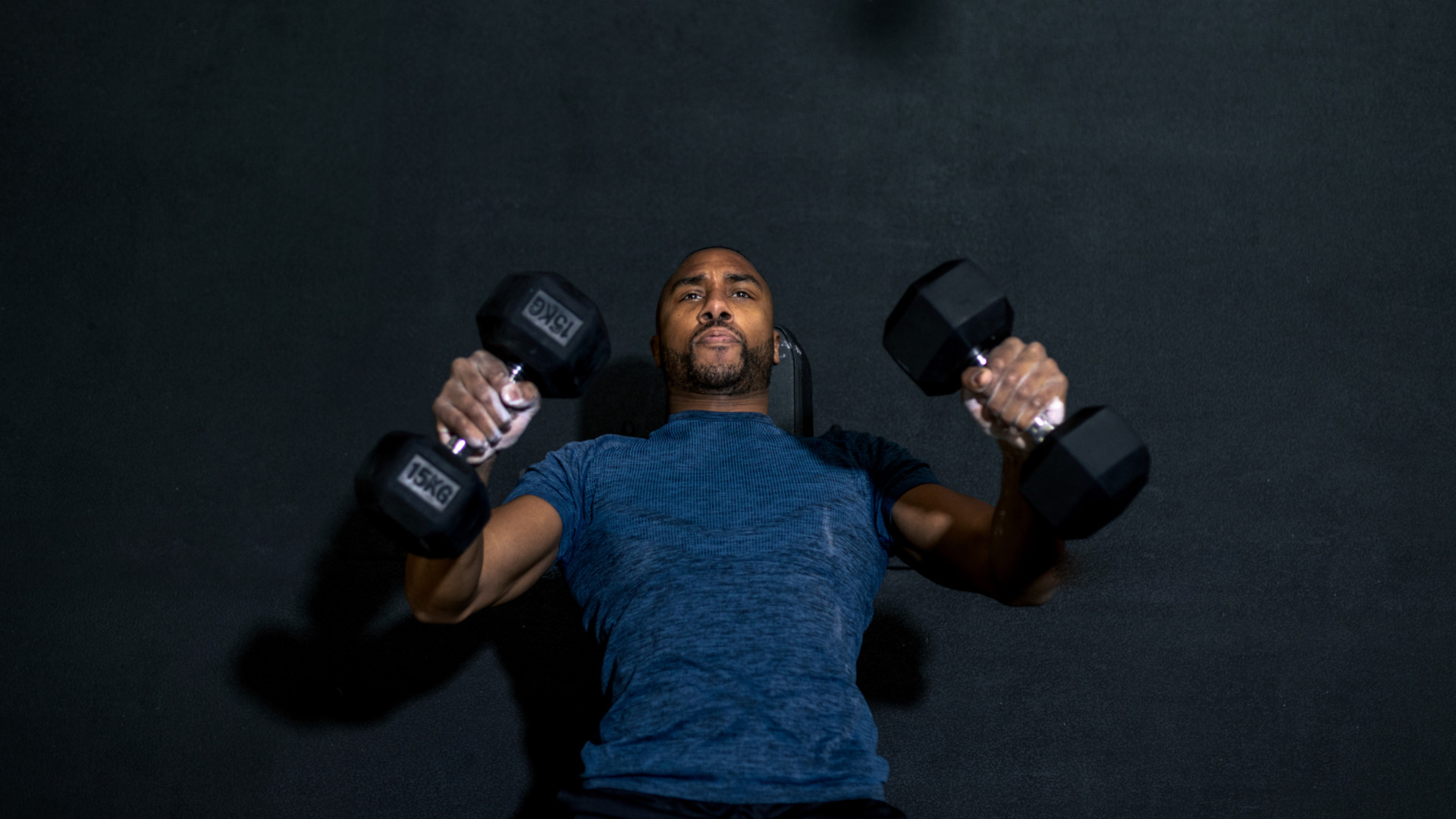
Two dumbbells and this four-move wrist-friendly workout for upper body muscle
Say bye-bye to wrist pain and hello gains with these smart exercise swaps
By Bryony Firth-Bernard Published
-

Best yoga mat 2025: outstanding mats for grip, comfort, style and versatility
Find the best yoga mats on the market for your yoga or Pilates practice, including rubber, PVC, cork and sustainable options
By Bethan Girdler-Maslen Last updated
-

4 exercises to build muscular forearms and mega grip strength
Supersize your forearms to make everyday tasks and workouts easier
By Bryony Firth-Bernard Published
-
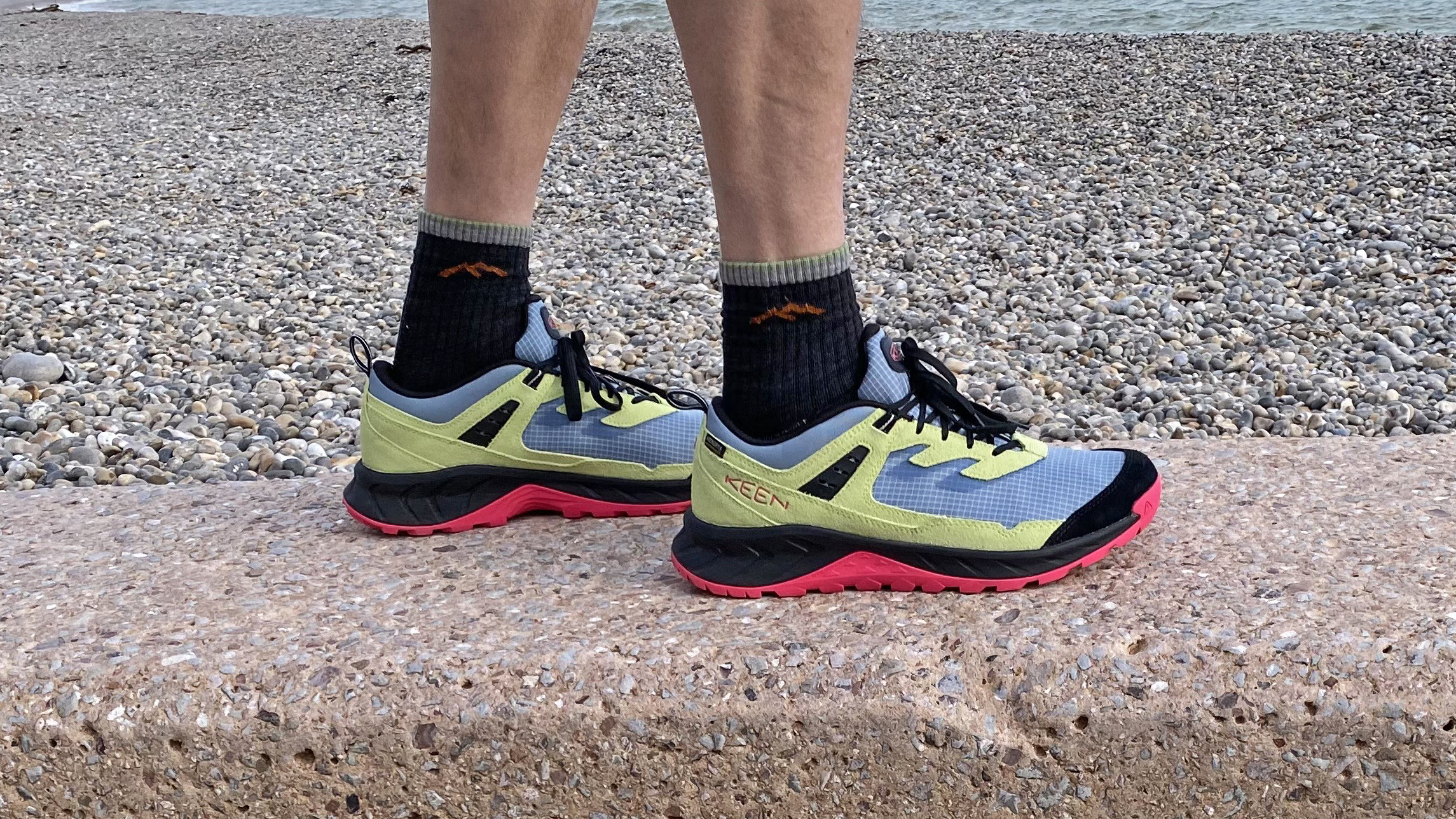
Keen Hightrail EXP Waterproof Hiking Shoes review: grippy, slipper-comfy hiking hooves for 3-season saunters on the wildside
Lightweight, robust and waterproof walking shoes for all-conditions clambering, scrambling and trekking escapades (just don’t aim too high)
By Pat Kinsella Published
-
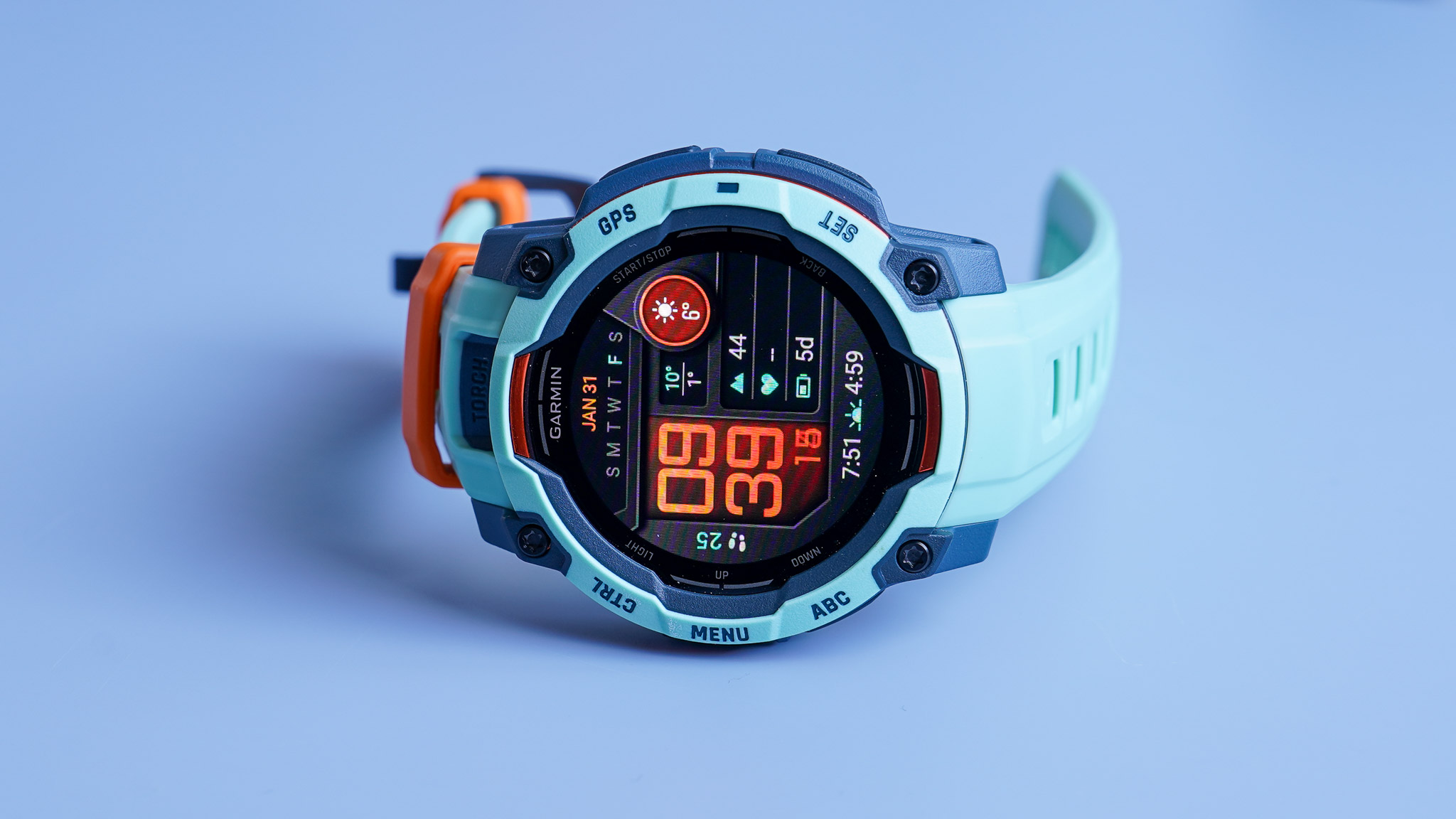
Garmin Instinct 3 review: A fun, tough Fenix alternative with a twist
Love G-Shock vibes but need smart features? This is the adventure watch for you
By Matt Kollat Last updated
-
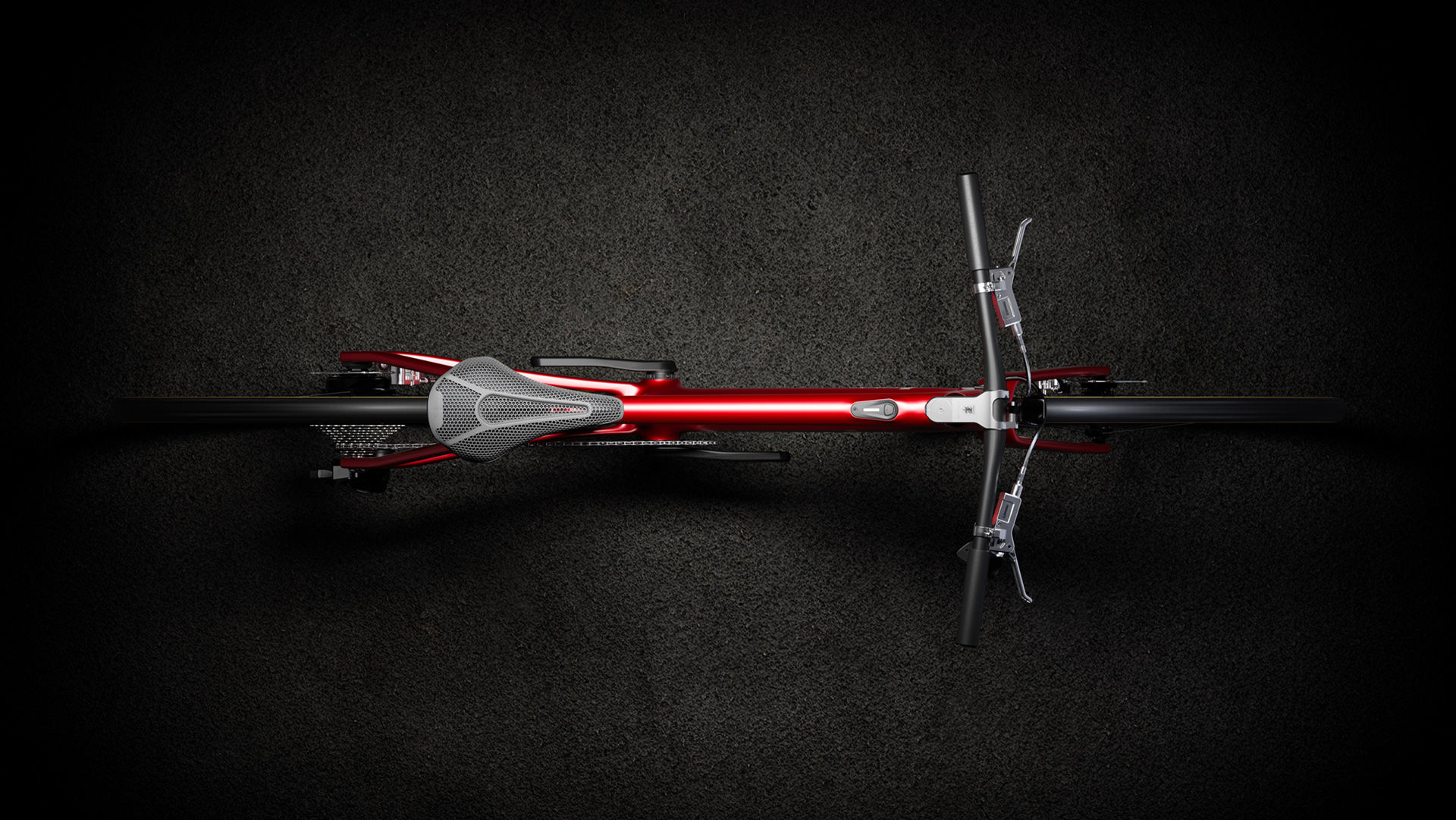
Luxury e-bikes are getting smaller, sleeker and smarter, and this $13,000 model is leading the way
With the featherweight EIDOLON, Ponomarets taps into a growing demand for subtle, high-end eBikes
By Matt Kollat Published
-

Squats are actually good for your knees, says new research
It can actually contribute to greater joint protection
By Bryony Firth-Bernard Published
-

What does pre-workout actually do?
A Sports Nutritionist Specialist explains
By Bryony Firth-Bernard Published
-
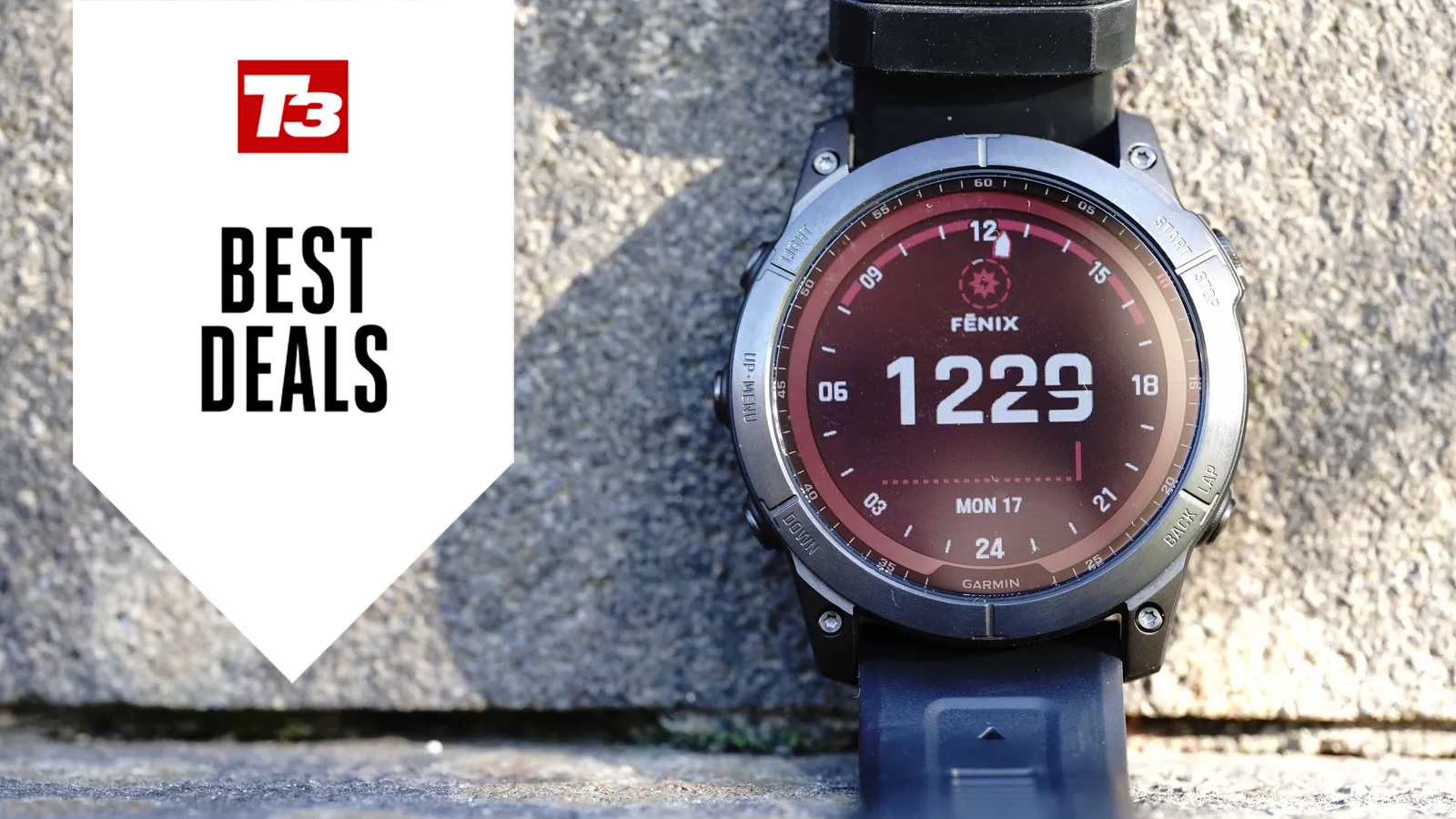
Garmin Fenix 7X Solar sees massive price cut in Amazon deal
You can save over £200 on a brand new Fenix
By Matt Kollat Published
-

It’s okay to DNF a race; I just did, and I feel better for it
Sometimes, not finishing is the smartest (and strongest) thing you can do
By Matt Kollat Published
-

Forget boring cardio – this three-move barbell workout crushes through calories
And builds plenty of muscle too!
By Bryony Firth-Bernard Published
-

Best under-desk treadmills 2025: work yourself fit
The best under-desk treadmills to keep you fit when you’re at your desk
By Bryony Firth-Bernard Last updated
-

This two-move total body boosts heart health and builds muscle endurance
Two moves, 15 minutes and a full fitness fix
By Bryony Firth-Bernard Published
-
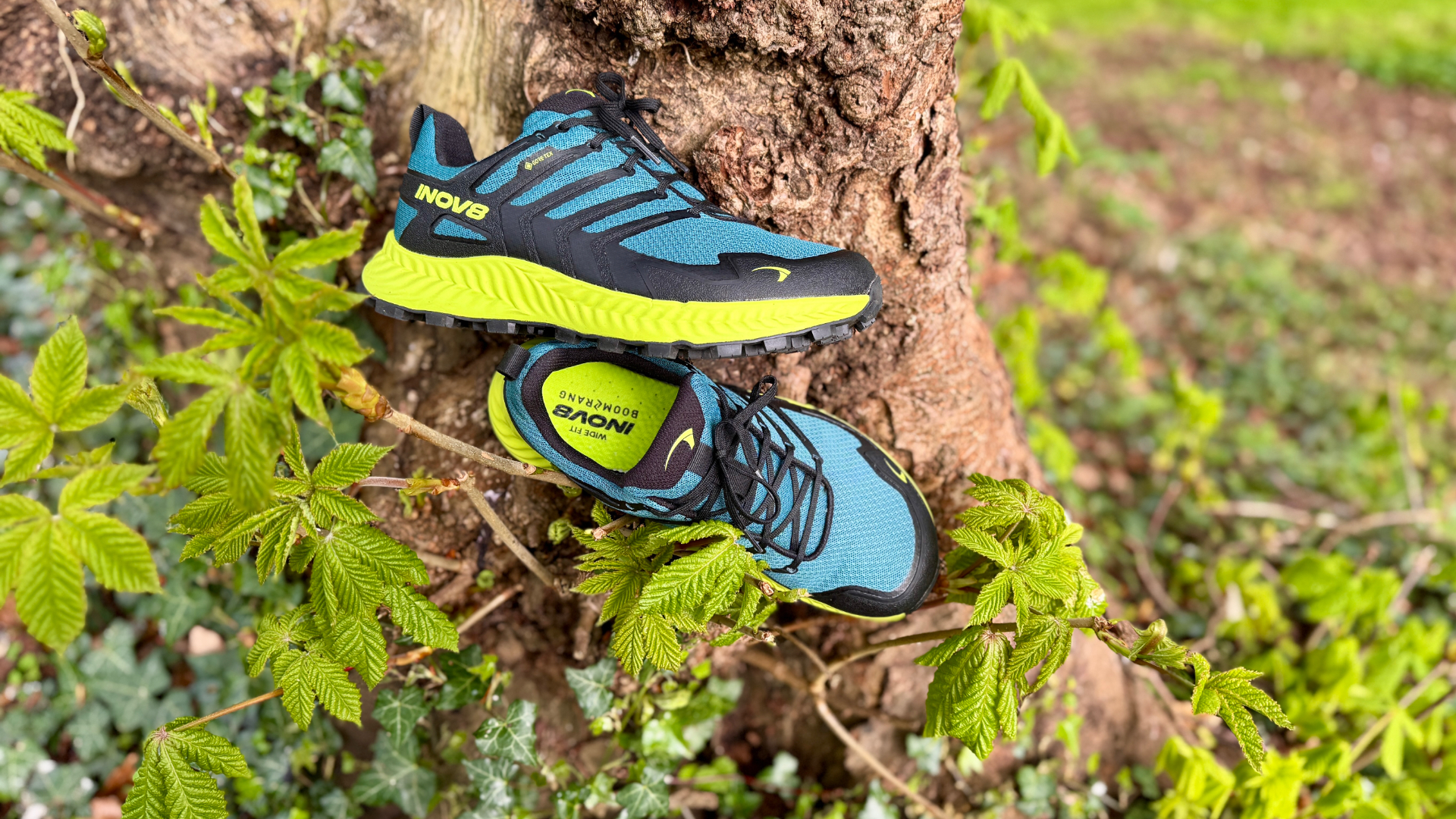
Inov8 Roclite GTX Hiking Shoe review: top trekkers for comfort, agility and protection
The Inov8 Roclite GTX blends comfort, grip and agility in one very tidy low-cut package
By Derek Adams Published
